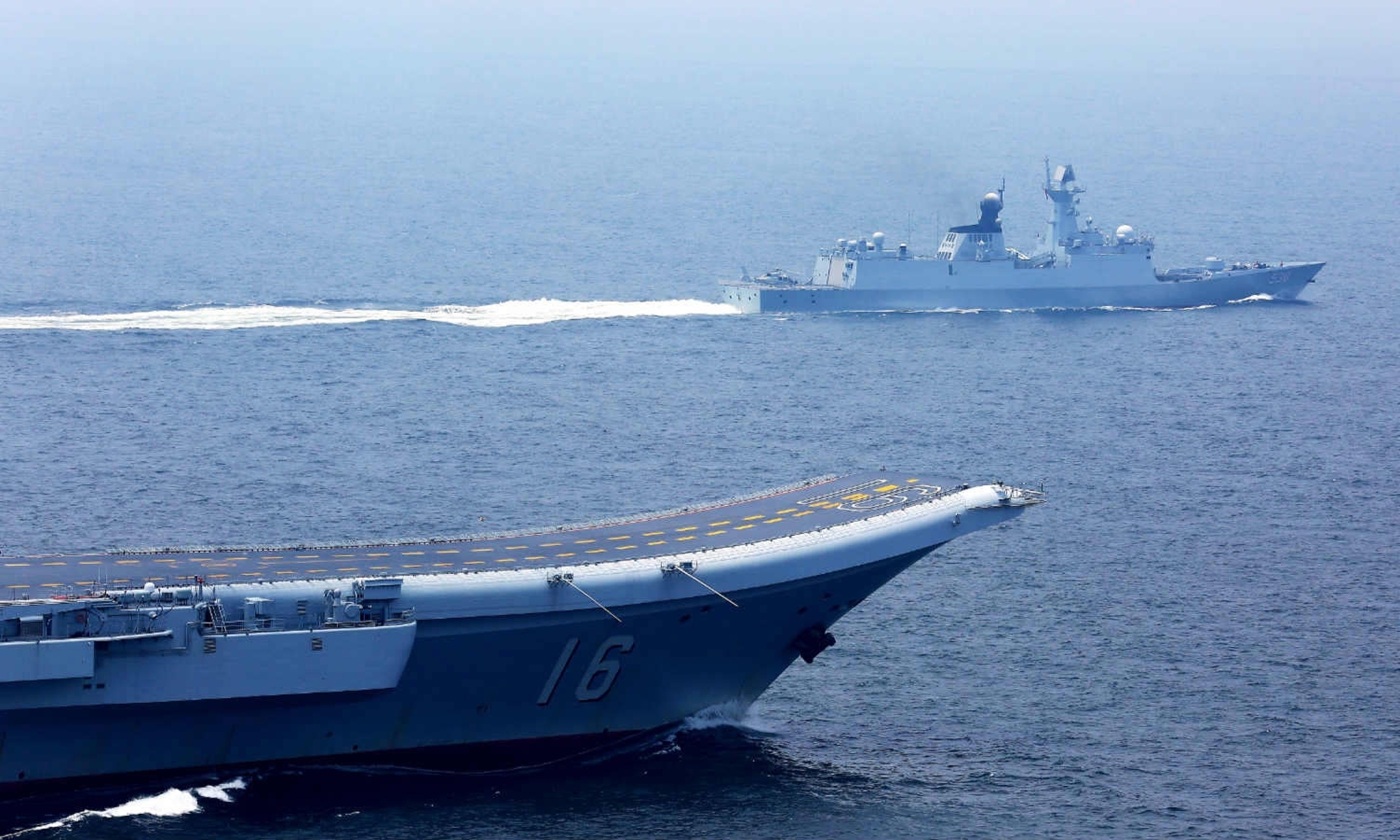Korea Caught in US-China Diplomacy Conflict
The successive postponement of Pompeo and Wang's visits confirms the current status of our diplomacy, which is being swayed by the two superpowers. Secretary of State Pompeo postponed his visit to Korea, citing domestic circumstances, yet his visit to Japan proceeded as scheduled. Foreign ministers of the United States, Japan, Australia and India, members of the Quadrilateral Security Dialogue, held a meeting in Tokyo on Wednesday to discuss ways to strengthen cooperation between them and create a multilateral security consultative body aimed at keeping China in check. It is clear how the U.S. evaluates Korea's strategic value. It is an uncomfortable reality that the U.S. prioritizes its relations with Japan over U.S.-South Korea relations.
Korea-China relations also seem to be minimized by China. Wang's delayed visit to Korea is more likely to pressure South Korea to side with China in the U.S.-China confrontation than to discuss the Korea-China-Japan summit in December and adjust the schedule for President Xi Jinping's visit. China's position will not change in the future. A strategy to use solid Korea-U.S. relations as diplomatic leverage against China is needed. Nevertheless, Foreign Minister Kang Kyung-wha drew the line, saying “it was not a good idea” when the U.S. pushed for the expansion of the Quad and urged South Korea to participate. This is a remark conscious of China. The government’s commitment to a successful visit by President Xi by the end of the year is not a good decision. It only raises China's diplomatic position.
South Korea is once again "sandwiched" between the U.S. and China. This situation was initiated by the Moon Jae-in administration, which has adhered to strategic ambiguity while claiming “balanced diplomacy”. The U.S.-China conflict has gone beyond the stage where it can be responded to passively. There is a high risk of being "passed" by both sides if they are only wary of each other. Based on the strong Korea-U.S. alliance, the framework for foreign policy should be redrafted in a way that harmoniously develops friendly relations with China. Strategic diplomacy is urgently needed to respond flexibly to each pending issue while clearly keeping principles and national interests. Nevertheless, the South Korean foreign minister is at the center of controversy over her husband's visit to the U.S., rather than drawing up countermeasures. A reformation of the government's diplomatic line is urgently needed.

